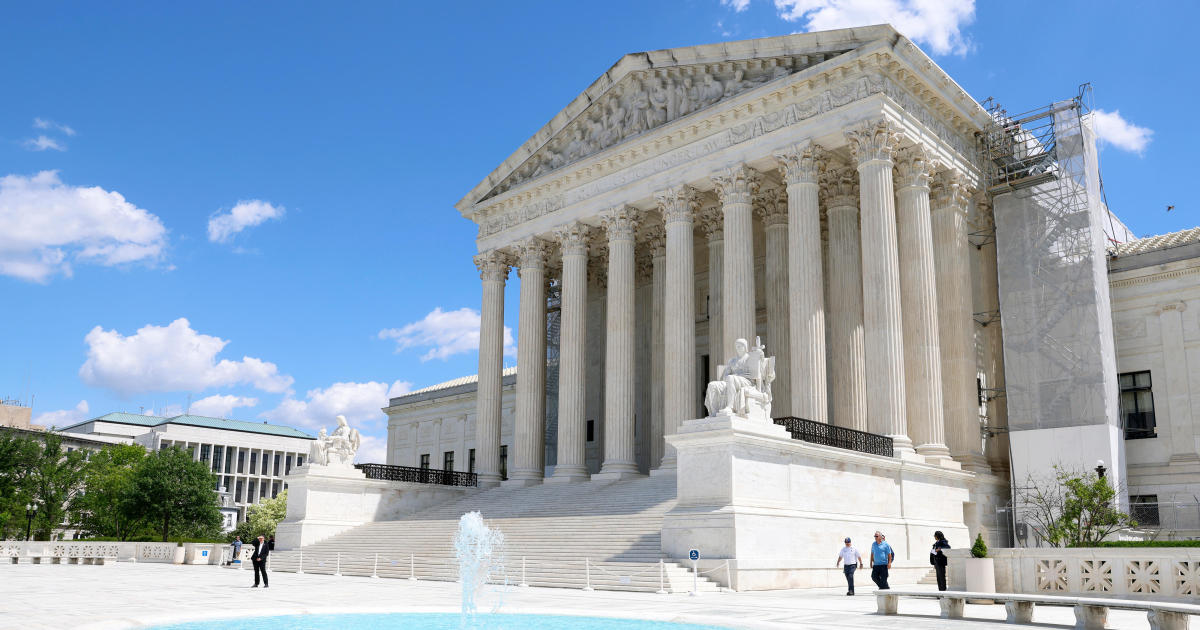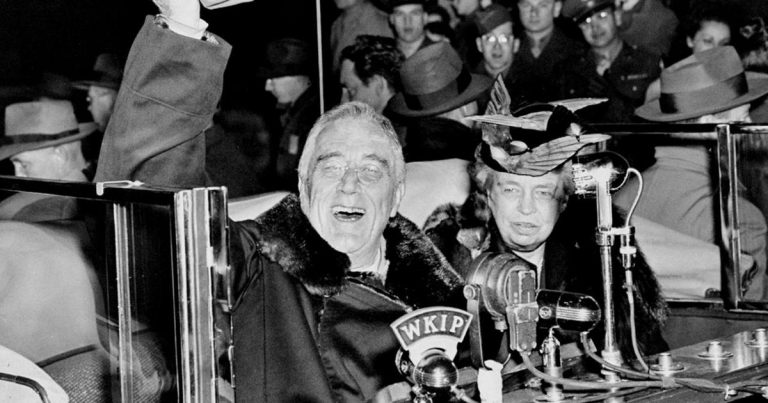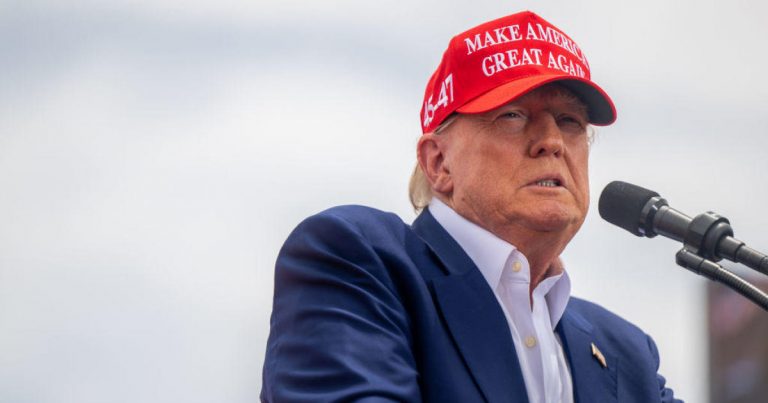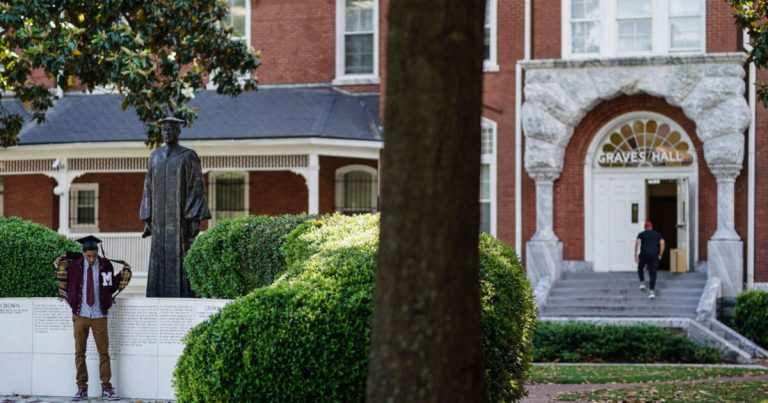Supreme Court split on whether Trump has immunity
The Supreme Court’s conservative majority is considering the issue of immunity for former presidents from federal prosecution. The dispute, critical to the fate of former President Donald Trump’s 2020 election case, revolves around whether he should be immune from charges related to actions taken while in office. The court seemed receptive to some level of immunity for official acts of former presidents but expressed skepticism towards absolute immunity claims by Trump.
During the three-hour arguments, conservative justices indicated a belief that a former president should be shielded from criminal charges for some official actions, while liberal justices raised concerns over the implications of granting broad immunity. The court mulled over the line between official and private conduct to determine the applicability of immunity.
The legal battle, unprecedented in the Supreme Court’s history, will decide whether Trump’s case proceeds to trial. With a conservative majority, the court is expected to deliver a decision by June. If Trump prevails, his federal prosecution ends; otherwise, the case resumes, potentially affecting the 2024 election.
The arguments touched on the balance between presidential power and accountability, with justices highlighting the risks of unchecked power and politically motivated prosecutions. The case has broader implications for the future of the presidency and democracy.
The legal teams sparred over the definition of official acts, with Trump’s lawyers arguing that immunity is vital to presidential independence. They contended that Trump’s alleged actions were within his official duties and warned of the consequences of criminalizing presidential decisions post-office.
The special counsel countered that absolute immunity is not warranted, especially for private acts like campaign-related misconduct. The prosecution asserts that Trump engaged in a criminal conspiracy to retain power, emphasizing the need for accountability and the protection of democratic norms.
As the Supreme Court deliberates on this landmark case, the potential precedent set will have far-reaching implications for presidential accountability, executive power, and the rule of law.








